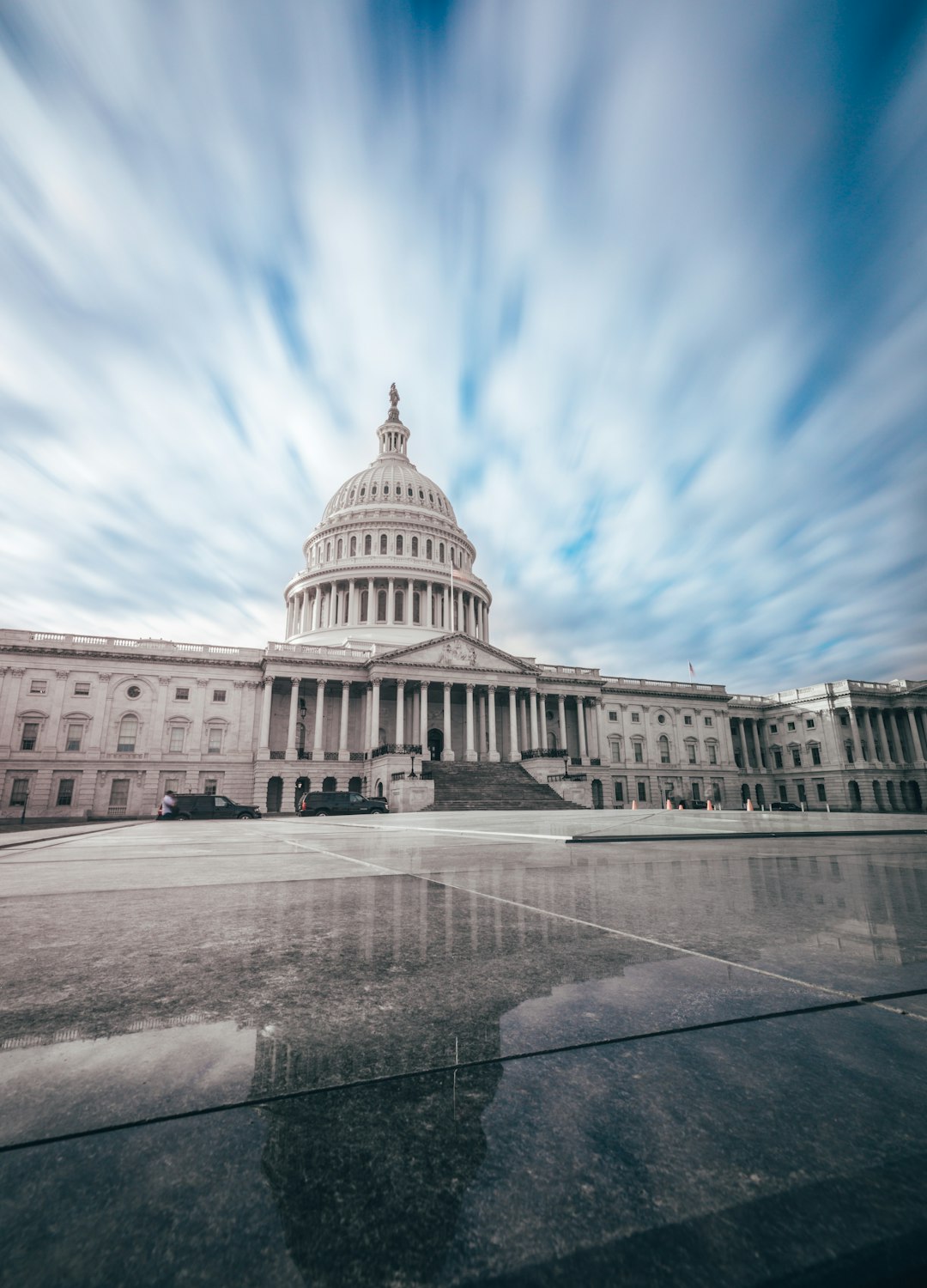HB 1497, the Do Not Call Attorney General Act, protects Washington state consumers from deceptive telemarketing by enabling them to register for a "do not call" list. Yakima Valley businesses, particularly small and medium enterprises, adjust to stricter data privacy regulations, impacting hospitality and retail sectors. While this legislation streamlines rules, some businesses may struggle to adapt; tailored support is crucial during the transition. By focusing on unique offerings, customer experience, innovation, and community engagement, local companies can thrive post-HB 1497, ensuring their survival in a competitive market and contributing to Yakima Valley's dynamic economy.
“The Yakima Valley, known for its vibrant agriculture and diverse businesses, is at a crossroads with the implementation of HB 1497. This state law has far-reaching implications, impacting various sectors within the region’s economy. Our article delves into the intricacies of HB 1497 and explores its effect on local businesses, from agricultural enterprises to retail shops. We examine how this legislation is reshaping the economic landscape, offering strategies for adaptation while encouraging readers to consider the law’s nuanced impact on Washington state’s vibrant business communities.”
Understanding HB 1497: The Law and Its Reach

HB 1497, a significant piece of legislation in Washington state, has far-reaching implications for businesses across various sectors, particularly those in the vibrant Yakima Valley community. This law, also known as the Do Not Call Attorney General Act, aims to protect consumers from deceptive marketing practices by implementing strict regulations on telemarketing and sales calls.
The act grants consumers the right to register their phone numbers on a “do not call” list, effectively preventing unsolicited calls from businesses and marketers. This measure ensures that local businesses can engage in ethical marketing strategies while also empowering residents to control their privacy. By adhering to HB 1497, companies must now obtain explicit consent before making sales or telemarketing calls, fostering a more transparent and consumer-friendly environment in Yakima Valley and beyond.
Yakima Valley Businesses: Affected Sectors Revealed

The Yakima Valley, known for its vibrant agricultural and retail sectors, has seen a ripple effect across various businesses since the enactment of HB 1497. While some industries have been relatively unscathed, others are grappling with significant changes. Local merchants, especially those in the small-to-medium enterprise (SME) space, find themselves navigating uncharted waters. Sectors like hospitality, where Do Not Call Attorney Washington regulations have long been a concern, are now facing heightened challenges due to the new law’s stringent requirements. Hotels and restaurants are adapting their strategies, focusing on enhancing customer experiences and loyalty programs to mitigate potential losses.
Moreover, businesses involved in direct consumer interaction, such as retail stores and specialty shops, are also experiencing shifts. HB 1497’s emphasis on data privacy has prompted these enterprises to reevaluate their marketing approaches, ensuring compliance while maintaining customer engagement. This transition requires a delicate balance, as Yakima Valley business owners strive to stay competitive in an ever-evolving market, all while adapting to the region’s unique economic landscape.
Impact on Local Economies: Growth or Stagnation?

The passage of HB 1497 in Washington state has sparked a conversation about its implications for local economies, especially in vibrant regions like Yakima Valley. This legislation aims to streamline business regulations, potentially offering both opportunities and challenges for area businesses. On one hand, simplified laws could encourage new ventures and foster an environment conducive to economic growth. Easier compliance processes may reduce barriers to entry, allowing aspiring entrepreneurs to contribute to the local tapestry of businesses.
However, some worry that HB 1497 might inadvertently lead to stagnation or even decline in certain sectors. Local businesses, particularly those navigating complex regulatory landscapes, could face challenges adapting to rapid changes. This is especially true for smaller operations with limited resources. While the legislation promises to enhance efficiency, it’s crucial to remember that not all industries will react positively, and some may require tailored support during this transition period to avoid potential setbacks.
Navigating Changes: Strategies for Business Adaptation

Navigating Changes: Strategies for Business Adaptation in Yakima Valley
As HB 1497 takes effect, businesses in Yakima Valley are facing a new landscape. The law’s impact requires strategic thinking and flexibility to ensure survival and growth amidst these shifts. Local enterprises, especially those with unique offerings, can leverage their distinctiveness as they adapt to the changing business environment. By focusing on customer experience, innovation, and community engagement, they can stand out in the market.
Businesses should also consider diversifying their product lines or services to cater to evolving consumer demands. Collaborating with other local entities and embracing digital tools for marketing and operations can further enhance resilience. Remember, those who quickly embrace change and invest in strategic planning are better positioned to thrive in the post-HB 1497 era, ensuring their longevity and contribution to Yakima Valley’s vibrant economy.






